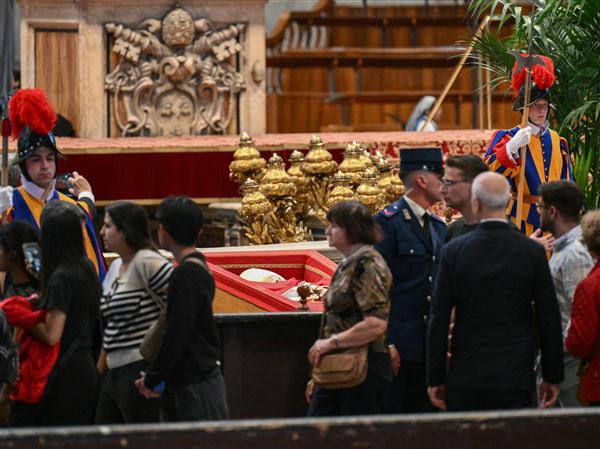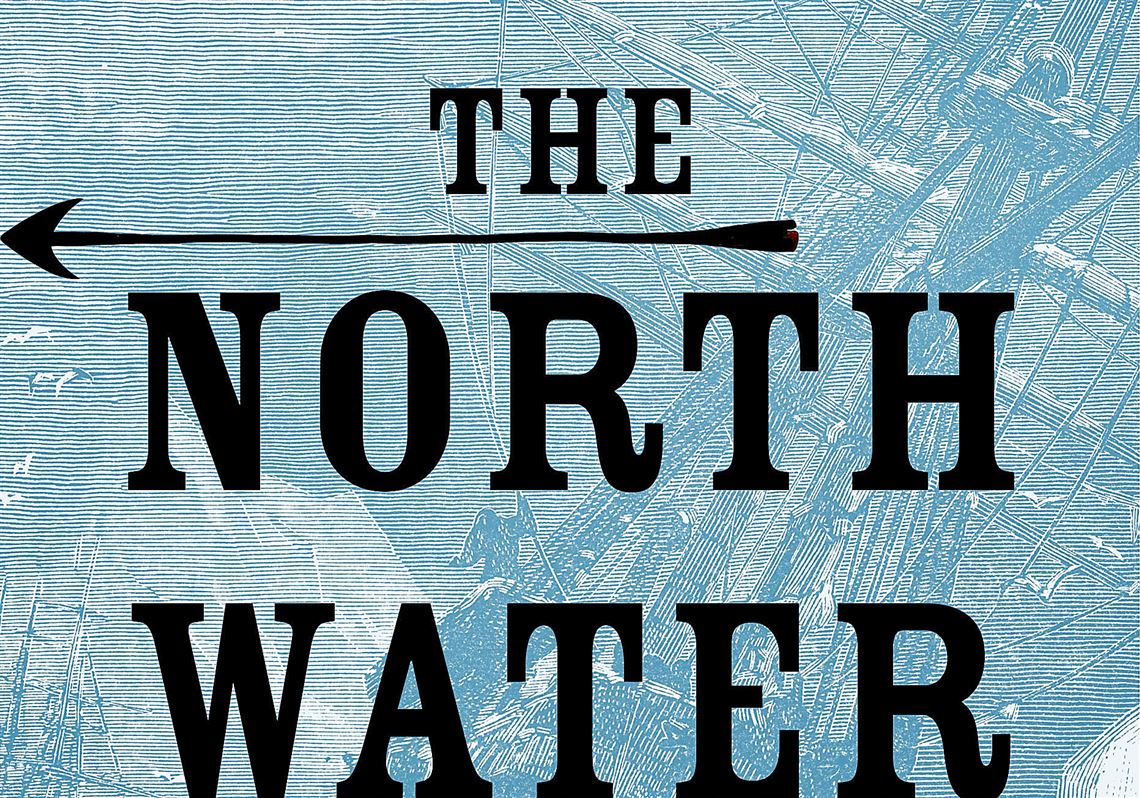Bold and frightening, “The North Water” offers many satisfactions and little comfort. Ice, wind, snow and water, whales, sharks and polar bears all menace its characters, but fellow humans prove the most dangerous. Near the book’s middle, Captain Brownlee “is pale and furious,” because the corpse of an abused cabin boy has been discovered: “He has never even heard of a murder occurring on a whale ship before,” above all “not of a child.” Brownlee recognizes that this would never have happened except as part of a “whole unnatural scheme” that he has bought into.
Henry Holt ($27).
Ian McGuire’s second novel unfolds in 1859-60. The British whaling industry shudders toward its end. They have killed so many whales that few are left, and buyers have begun to prefer petroleum to whale oil. Greedy and heartless, Richard Baxter, the owner of the whaling ship Volunteer, plots to send his ship up to the north water west of Greenland and have the captain wreck it for insurance. Brownlee’s prior voyage has achieved that lucrative result by accident, earning him a reputation as dangerously inept, jinxed. To make sure that his plan runs smoothly, Baxter places on the ship a harpooner named Drax.
“Behold the man” the book begins. We follow Drax on his last day before shipping out. He wants the simple satisfactions of a sailor, and of many another human being — food, drink and sex. He lacks money, but he has words and will. A bartender refuses to yield a free drink to his macho bonhomie. Drax waits until the fellow heads home and then smashes a brick through the back of his head. The boy Drax picks up brushes off his warning that he is always the one to do it and never the one done to; Drax suspects a trap, and he beats the boy unconscious before pulling down his pants. Mr. McGuire narrates in the present tense to convey the way Drax lives in the moment. The 19th-century philosopher Friedrich Nietzsche, known for proclaiming the death of God, also argued that action does not require intention, only doing. Mr. McGuire skips the philosophy but lets Drax show what this means.
Into this infernal machine comes Patrick Sumner as ship’s surgeon. He feels himself wrecked, “nothing,” after a disastrous experience at the other end of the British Empire, the 1857 siege of Delhi, where Indian soldiers rose against their British masters. Himself Irish and orphaned, Sumner feels for underdog children, but his attempts to help prove helpless. He consoles himself with opium, which his position makes available, and with reading Homer’s Iliad. Mr. McGuire never says so, but this great poem and symbol of high culture shows human beings as pawns of gods who misbehave scandalously, and its brilliant language renders the butchery of young bodies beautiful.
Yet Sumner seeks justice. His path from betrayal in Delhi to getting even back in England passes through a horrific winter on the Canadian ice-pack: “He “looks out east across the immense desert of sea ice. ... It is noon, but the stars are visible overhead. There is no sign of life or movement anywhere; everything is still and dark and cold. It is as if the end of the world has already happened.” Some scenes will remind current readers of “The Revenant,” and Sumner’s final encounter with Drax comes right out of a horror film: “Inside the cabin [he] grips a rusted saw blade in both hands. He holds it poised, shoulder high, and waits.”
Readers of Cormac McCarthy know that beautiful writing and bloody murder go together as well now as they did in Homer, and Ian McGuire proves it.
Jonathan Arac directs the Humanities Center at the University of Pittsburgh, where he serves as Mellon Professor of English.
First Published: June 12, 2016, 4:00 a.m.















